Can You Visit a Dementia Patient Too Much?
We all enjoy visits from family and friends. Visits are a great way to interact and bond with the people we love and can be a source of support and comfort for dementia patients.
When a loved one has dementia, visiting them can be a way to provide them with support and the social interaction they need to feel loved. But is it possible to overstimulate and visit them for too long or too often? Let's take a look.

The Importance of Social Interaction for Dementia Patients
Studies show that social interaction can affect a person's behavior and mental health. And this makes sense because we are social beings. When we interact with people, we feel connected to them, which helps prevent loneliness. Social interaction also provides mental stimulation, which keeps us mentally active.
When talking about someone with dementia, the benefits of social interaction are even more important because these patients are dealing with cognitive decline. They often have memory problems, difficulty concentrating, and mood changes. Dementia patients also tend to be confused about time and place. Social isolation can make cognitive impairment worse and increase feelings of loneliness.
According to researchers, one hour of social activities can help dementia patients feel less agitated and improve their quality of life. Whether having regular visits with loved ones or engaging in social activities with others with dementia, dementia patients can form bonds with the people around them. These social activities promote their health and a general sense of well-being.
Benefits of Regular Visits
Regularly visiting a loved one with dementia can help them maintain a sense of familiarity and connection, which is crucial for dealing with memory loss and other cognitive impairments. Regular visits can also improve the emotional well-being of dementia patients, reducing agitation and behavioral symptoms. Regular visits can contribute to the overall quality of life for individuals with dementia.
When you create a predictable visiting routine, it helps to eliminate anxiety in your loved one. As they expect your visit, it becomes part of their routine. Even if they don't remember who you are each time you visit, they don't forget that you care about them.
Can You Visit a Dementia Patient Too Much? Balancing Visits With Individual Needs
Regularly visiting your loved one can do wonders for their mental and cognitive health. However, visits can be physically and mentally exhausting for dementia patients. They likely enjoy having you visit, but they may become overstimulated or feel more tired out if you drop by too often or for too long.
So, with this in mind, it's important to balance visits with their individual needs and preferences. To determine how often to visit, consider certain factors, such as the stage of dementia, sensory sensitivities, and personal boundaries.
It can also help to communicate and collaborate with the patient's caregivers and healthcare team. They may offer tips and information about the patient so that you can tailor the length and frequency of your visits to their needs.
Recognizing and respecting the patient's limits is the key to ensuring they get the most out of your visits. Looking out for signs that the patient is overstimulated or fatigued can help with this. These may include:
- Behavioral changes: The patient becomes angry, irritated, and agitated and may begin acting out. They may fidget, tap their fingers, or make other repetitive movements.
- Increased confusion: The patient forgets who you are, who they are, where they are, what day it is, or other crucial facts.
- Physical exhaustion: The patient has a hard time staying awake. They may seem too tired to do simple tasks like communicating, eating, or trying to understand what is happening around them.
Quality vs. Quantity of Visits
Quality trumps quantity. If your loved one seems exhausted or overstimulated during your visits, it may be a good idea to shorten your stay. You can still visit them several times a week but for a few minutes per visit.
Shortening the length of your visit can make it more enjoyable and meaningful, making for a less agitated patient. Focus on providing connection, engagement, and emotional support. This will help you improve the quality of your visits rather than focusing on the quantity.
Understanding your loved ones feelings is vital to creating a good atmosphere during your visits, so make sure to pay attention and listen.
For The Best Care Management, Call Barr Private Care
We know that visiting your loved ones with dementia is a priority, but sometimes it's hard to always be there with the business of life's schedules.
To find professional care management when you aren't available, call Barr Private Care. Our staff of caregivers is equipped with training to keep your loved ones feeling properly cared for when you are unable to be there. We treat our patients like family, and hope to make things easier for you and your loved ones.








